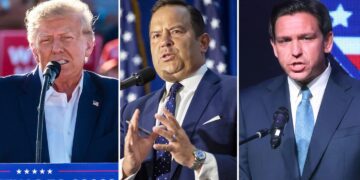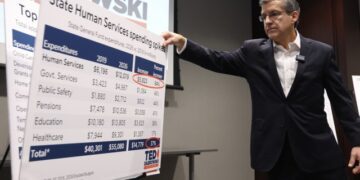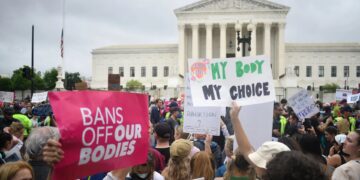On January 11, the Supreme Court heard a challenge to the requirement that government employees, such as public school teachers, pay fees to the local union even if they have chosen not to join the union. In Abood v. Detroit Board of Education (1977), the Supreme Court first upheld “agency shop” arrangements, where government employees who don’t join a union pay an agency fee for a “fair share” of the union’s collective bargaining costs. The Court determined that unions may not spend nonmembers’ agency fees on “ideological activities unrelated to collective bargaining.” In recent years, the Court has questioned the validity of Abood for imposing a “significant impingement” on an employee’s First Amendment free speech and association rights. Now a group of California teachers are asking the Court to overrule Abood, arguing that public-sector collective bargaining is political speech that cannot be distinguished from lobbying and that compelling them to subsidize it violates the First Amendment.
By Illinois ReviewIllinois taxpayers are getting their first clear look at how deeply the insider game runs in Springfield – and the numbers are staggering.On Monday, Republican gubernatorial...
Read moreDetails






